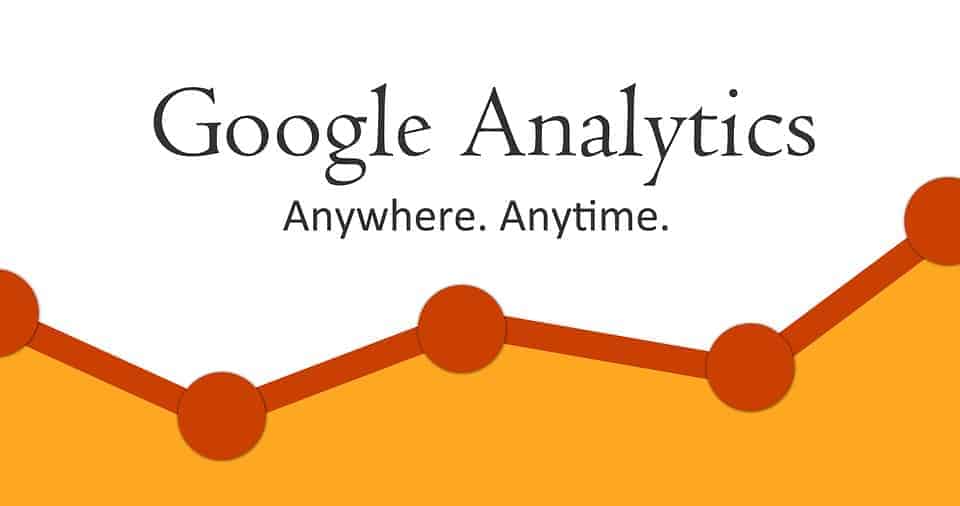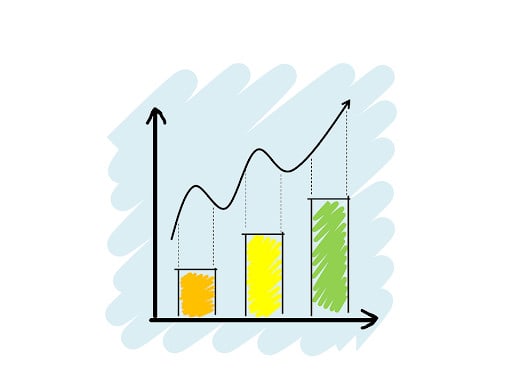
Google Analytics is a platform within the Google Marketing platform brand that is designed to track and report a website’s traffic. Google Analytics Marketing Strategy is also used to target audience, reach them. This strategy can track the tastes and preferences of the audience. This is done through various platforms that customer use and follows. Google Analytics makes use of a JavaScript code to gather information. It is designed in a way that every time a customer visits a page or website, Google Analytics records it. This helps in determining the specific audience for a particular site and thereby is a beneficial feature for marketing strategy. To strengthen their marketing strategy, marketers must know their target audience and their preferences.
Since its advent in 2005, Google Analytics has proved to be a treasured part of marketing strategies. Various brands, bloggers, businesses have used this strategy as a weapon to grow and build their identity. It can also be seen as a way for the growth of many businesses. The amount of information about your website that Google Analytics can provide helps immensely in enhancing business and marketing strategies. It offers information like Intelligence Events, Real-Time, Audience, Acquisition, Behavior, and Conversions. Google Analytics gathers relevant information about the target audience. Without knowing the target audience, one cannot formulate a marketing strategy that will be beneficial to them.
What information is available and how is it helpful

Google Analytics tracks the website traffic and provides information about how many people visited the particular website at least once in the selected date range. It tracks the record of new and returning visitors, the average duration of Screen-views, how long a particular user is engaged with the website, number of single-page visits, and the like. However, the Acquisition, Audience, and Behavior sections of Google Analytics prove to be most beneficial for developing a functional marketing strategy.
The Audience section focuses primarily on information about the website’s visitors. The business or blogs running the website have easy access to important information about their target audience. Google Analytics also provides information about the interests of the web site’s visitors to marketers. Knowing the target audience helps marketers to develop strategies that will enhance their business.
Role of Acquisition section in google analytics campaign tracking and google analytics conversion tracking

The Acquisition section of Google Analytics provides essential information as to how people reach a particular website. It clearly shows whether the visitors arrived through a search engine, social media blog, or any other site. In this way, marketers have a clear idea about how the audience reaches their website. This, in turn, gives marketers an idea as to how to strategically place ads for their websites in other sites, pages, or blogs.
The Acquisition section is vital for Google analytics campaign tracking as well as Google Analytics conversion tracking. Information about how people are interacting with a particular website is provided by the Behavior section of Google Analytics. It also gives information about which pages on the site are most popular and visited by the target audience.
Google Analytics Campaign Tracking:
Campaign tracking refers to a method of discovering how the users find a particular website. Google Analytics Campaign Tracking feature enables marketers to identify online advertising campaigns to their websites, from both Google ads as well as other ad sources. This helps marketers to identify the areas from where their target audience is led to their sites. Having such knowledge enables marketers to strategically place their ads on different websites, blogs, or pages.
For example, if Google Analytics suggests that a particular web page is the primary source of the target audience, the marketer shall focus on the concentration of ads of their website on that specific web page. Advertisements of a particular website need to be strategically distributed all over the internet based on the origin of the maximum target audience. Google Analytics Campaign Tracking feature gives detailed information about the same and is, therefore, extremely beneficial for marketers to develop an advertisement strategy to maximize website visits.
Google Analytics Conversion tracking:
Conversion tracking shows how the audience reacts after they have interacted with the advertisement for a particular website. It provides essential information, like whether the product was purchased or whether the audience subscribed to the newsletter or whether they downloaded the application or called for business. For a successful marketing strategy, it is crucial to monitor the audience’s reaction once they have interacted with the advertisement for a particular website. Google Analytics Conversion tracking feature allows marketers to analyze as to how the audience reacts after they have interacted with the website’s advertisement.
Based on such information, marketers can modify their advertisements to ensure better reach and profits in their businesses. Google Analytics provides necessary information about what ad features drive valuable customer activity. This, in turn, helps marketers to understand the return on their investments and thereby optimize advertisements as per their business goals. It allows marketers to make informed decisions about ad spend as well. In this way, Google Analytics Conversion tracking helps in developing a successful marketing strategy. It ensures growth in the business of websites or blogs. To further grow as a brand, each customer is valuable to any business. The tastes of customers and their preferences matter to every business owner.
Google Analytics is an essential tool to develop a marketing strategy that ensures the success and maximum profit of the business. In today’s world of extreme competition, knowing the customers’ preferences is extremely important. It helps to strategize better and create a marketing structure that ensures maximum reach and profits.
Conclusion:
Google Analytics helps in providing information like who is the target audience. The tastes and preferences of the target audience, how they reach the websites, and what advertisements prove to be beneficial for the business. This also ensures that marketers are well informed about their investments in ads and other modes of marketing. It also gives a rough idea about what returns can marketers expect from such investments. In this way, Google Analytics is one of the surest ways to develop a marketing strategy that maximizes profit and audience of the websites.











